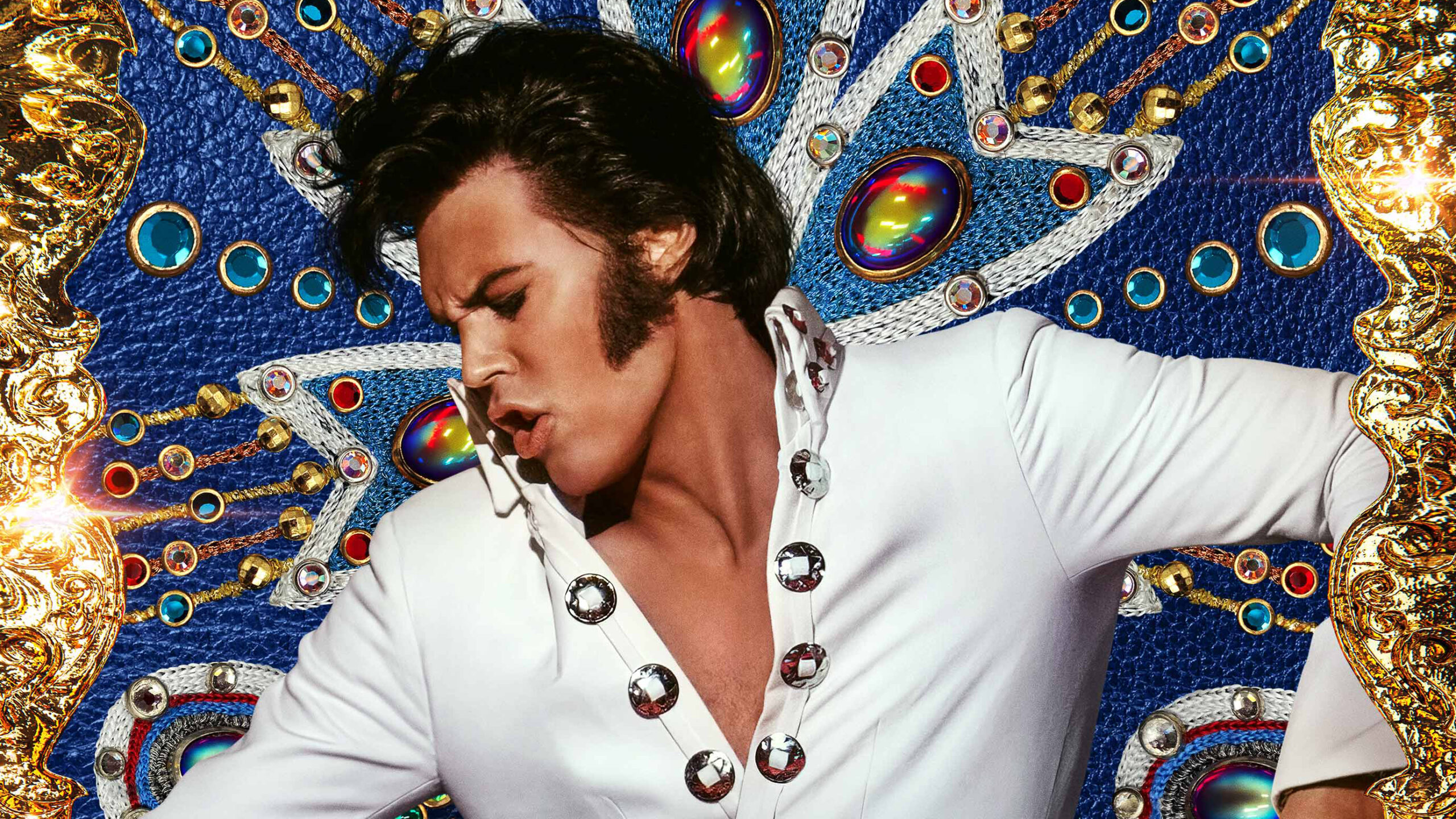Meta Description: Discover the surprising reality of performing with Elvis Presley. Bass player Emory Gordy and keyboard player Tony Brown share their unexpected experiences with The King of Rock ‘n’ Roll.
In the golden age of rock and roll, there was no bigger name than Elvis Presley. His music was a seismic shift, a raw energy that reverberated through a generation. Countless aspiring musicians heard his electrifying tunes and felt a spark ignite within them – a burning desire to create their own music, their own sound.
The ultimate badge of honor for these artists? Sharing the stage with The King himself. Performing with Elvis Presley must have felt like a dream come true, a chance to be a part of music history.
But for one unlucky artist, the reality of performing with Elvis Presley fell far short of the electrifying fantasy, leaving them with a surprising sense of disappointment. What could have caused this dream collaboration to turn sour? Let’s dig into the story behind this unexpected letdown.
Disappointment In The Spotlight
In 1972, bass player Emory Gordy stepped into the limelight when he replaced a fellow musician in Elvis’ band. The prospect of performing with Elvis Presley filled him with excitement. However, Gordy’s high hopes were soon dashed.
According to Gordy, a previous recording session had left him feeling optimistic about the upcoming tour. But reality fell short of his expectations. The seasoned band members, entrenched in their routines, sent him a daunting list of five hundred tunes to learn within a mere two-week period. To his dismay, the tour ended up mirroring the same Vegas show they had been performing for the past four years.
While Elvis occasionally infused his performances with passion, most shows felt mechanical and hurried. The tunes raced by, devoid of genuine emotion. For Gordy, the experience was a mix of anticipation and letdown—a backstage view of the King of Rock ‘n’ Roll that left him yearning for more.
A Shocking And Confusing Entrance
Tony Brown, a new addition to Elvis’s band as a keyboard player, wasn’t prepared for what he witnessed on his first night. Arriving backstage, he saw Elvis stumble out of the limousine and fall to his knees. People rushed to help, but the singer pushed them away. Brown worried about Elvis’s health, fearing he might not be able to perform.
Despite his concerning entrance, Elvis made it onstage. However, his performance wasn’t without worry. Brown recounts how Elvis clung to the microphone for the first half hour, leading the band and audience to wonder if he was well enough to continue.
The bizarre entrance and shaky performance left everyone feeling uneasy. Was Elvis up to the demands of the tour? Was he even healthy enough to be performing with Elvis Presley? These questions hung heavy in the air as the show continued.
Keeping The Band On Their Toes
Elvis wasn’t always a performer with predictable setlists. According to Elvis himself, his backing musicians sometimes got a little too comfortable. He described catching them backstage engrossed in home improvement magazines, confident they could play their parts on autopilot.
To keep his band sharp, Elvis would throw them curveballs. He’d let the orchestra begin an intro, then announce a last-minute switch to a different song. This forced the musicians to scramble through their sheet music, keeping them alert and focused on his lead.
Performing with Elvis Presley meant always being on their toes. This constant state of readiness likely contributed to tighter performances and a more exciting experience for both the musicians and the audience.
